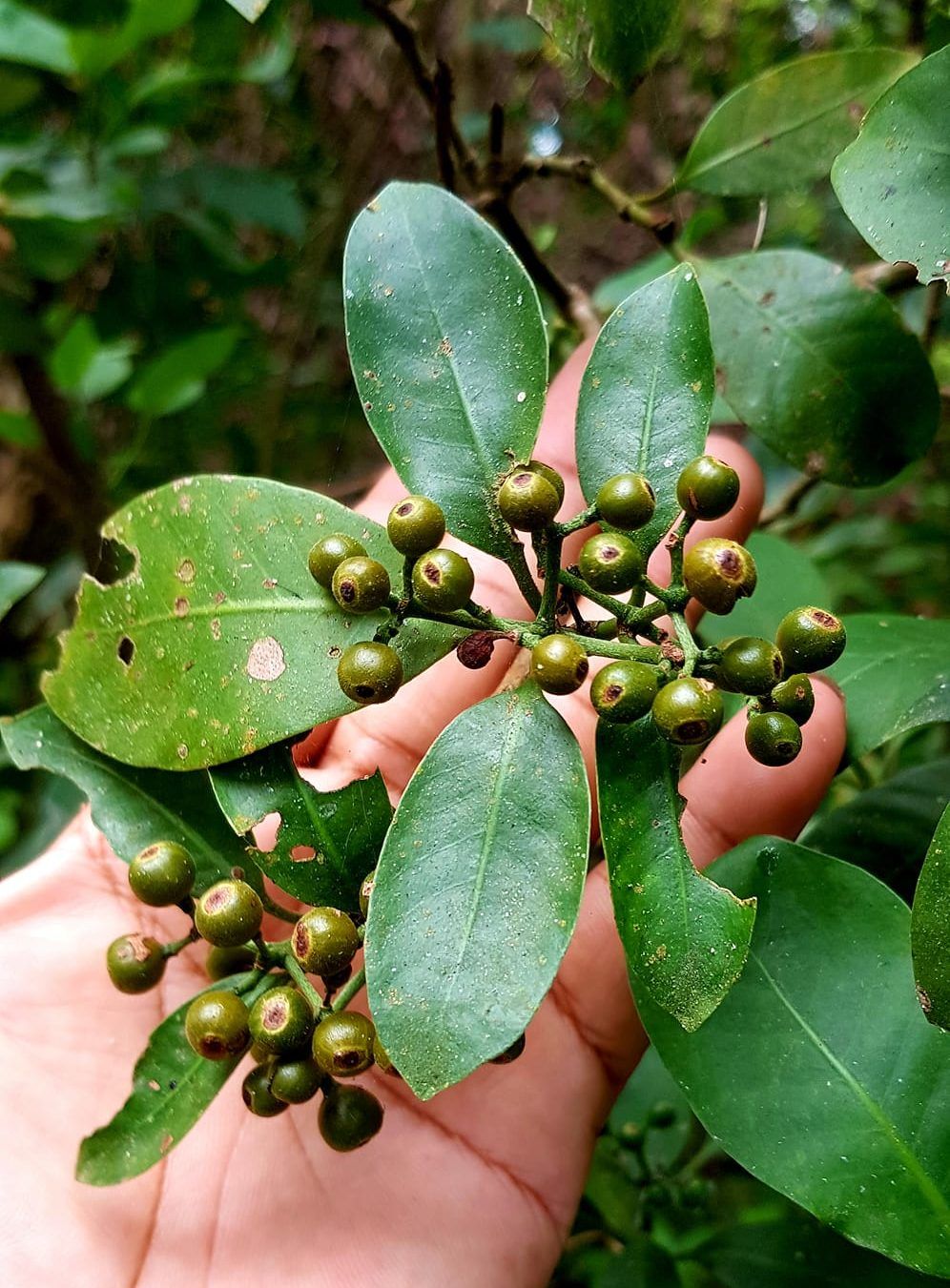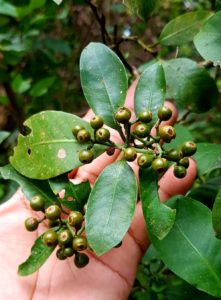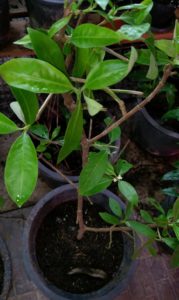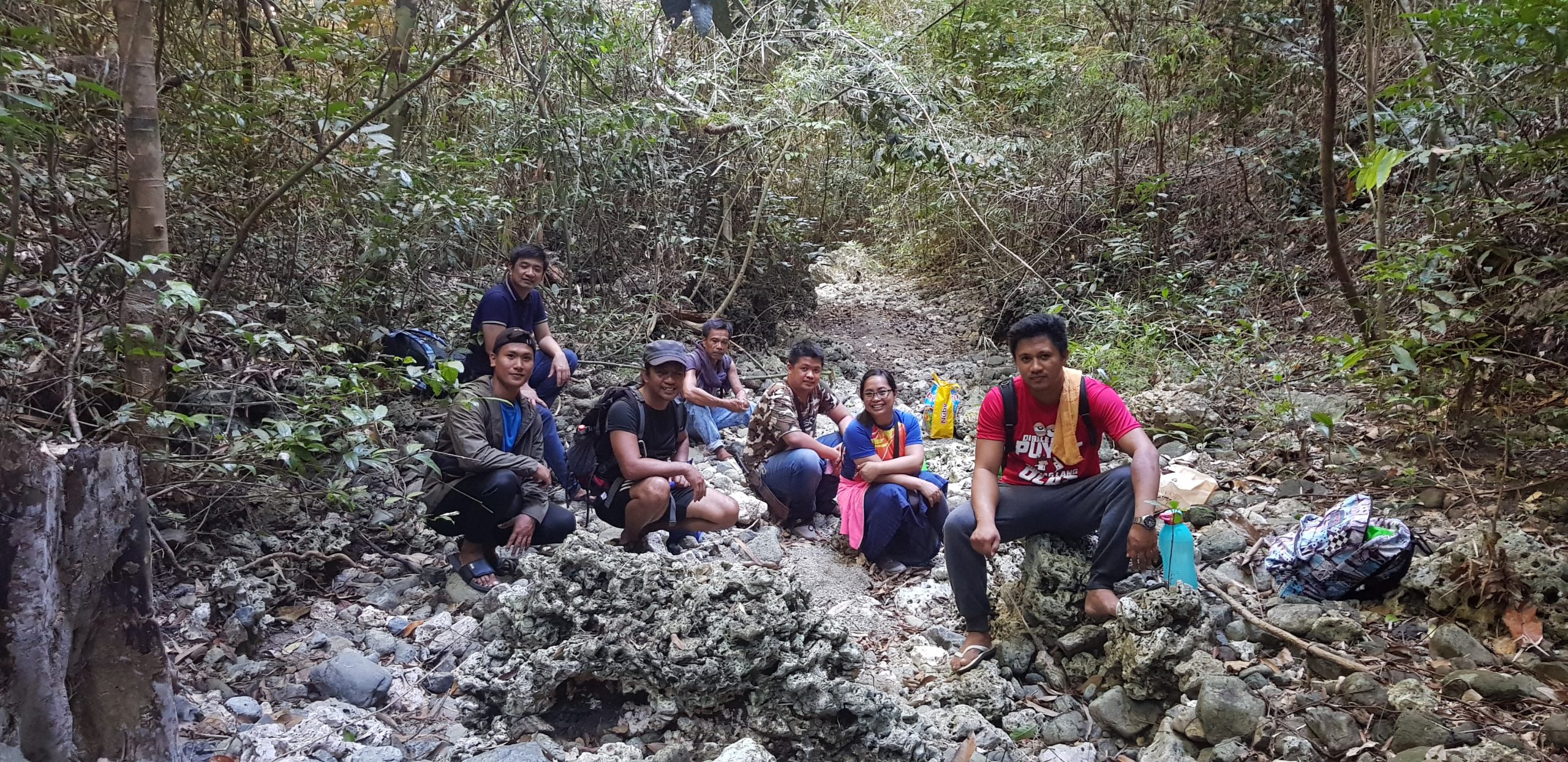Conserving Psychotria ilocana: a species extinct in the wild

-
Status of project
Completed -
Region
Asia -
Country
Philippines -
Programme
BGCI -
Workstream
Saving Plants -
Topic
Services for Botanic Gardens
Funded by the Global Botanic Garden Fund: Extinct in the Wild
Project Completed: 2023
Institution: Northwestern University Ecotourism Park & Botanic Gardens (NUEBG)
Conserving a species extinct in the wild: Psychotria ilocana – a lone tree in the ex situ collections of NUEBG, Philippines
Northwestern University Ecotourism Park & Botanic Gardens (NUEBG) salvaged the only specimen of Psychotria ilocana – a very rare species of the Rubiaceae (Coffee) Family – from an enormous land conversion site in the Philippines, and hope to safeguard this species on the brink of extinction.
The aim of this project was to reproduce Psychotria ilocana (and other target species) and produce seeds for seed banking and germination testing. Additionally, the project aimed to reintroduce target species into a protected in situ conservation site and re-establish a new population.

Given the critical status of Psychotria ilocana, exhaustive efforts were invested in asexual reproduction techniques. This emphasis was due to the challenging characteristics of the species, such as its notably low fruit setting and seed viability.
The teams aim was to generate seeds suitable for banking and seed germination but the flowering rate proved to be remarkably low – possibly attributable to a deficiency in pollinators – leading to a correspondingly diminished fruit-setting success. Seeds subjected to testing – according to the Millennium Seed Bank protocol – further reflected these challenges. In response to this hurdle, the team pivoted towards an alternative approach.
Mature branches were skillfully marcotted to yield additional clone plants, supplementing the propagation efforts undertaken through conventional cuttings. This strategic manoeuvre aimed to diversify and enhance NUEBG’s methods, ensuring the conservation and reproduction of Psychotria ilocana in the face of the unique challenges posed by its reproductive biology.

In light of the prevailing circumstances and the aftermath of a Supertyphoon, the team made the prudent decision to defer the reintroduction program. Instead, the Botanic Garden designated a specific area to simulate the natural habitat of Psychotria ilocana. This strategic shift allowed the team to concentrate efforts on cultivating a more robust population for eventual reintroduction. The conservation team acknowledged the vulnerability of these newly propagated plants in the wild, particularly considering the recurrent Supertyphoons that have previously devastated their natural provenance. With the simulation habitat in place, the team could ensure a controlled environment for the plants’ growth and development – minimizing the risks associated with unpredictable weather events – and safeguarding the progress made in the propagation efforts.

“The successful conservation of a species that was once extinct in the wild stands as a testament to the Northwestern University Ecological Park & Botanic Gardens (NUEBG) prowess in plant conservation. By demonstrating the revival of a once-lost species, the NUEBG not only showcases its expertise but also sets a noteworthy precedent for ongoing and future conservation efforts in the region“. Michael Calaramo, Garden Director & Curator, Northwestern University Ecotourism Park & Botanic Gardens.
In addition to the notable achievements in the successful asexual propagation of Psychotria ilocana, a significant milestone was reached when the species was showcased at the 7th International Symposium of the Philippine Native Plants Conservation Society Inc. (PNPCSI). “The presentation of Psychotria ilocana during this event left attending researchers and participants in awe, as they witnessed a species that had been lost for over a century. The unveiling of Psychotria ilocana at the symposium not only highlighted the project’s success but also served as a symbol of resilience and dedication in the realm of native plant conservation”, said Michael Calaramo.